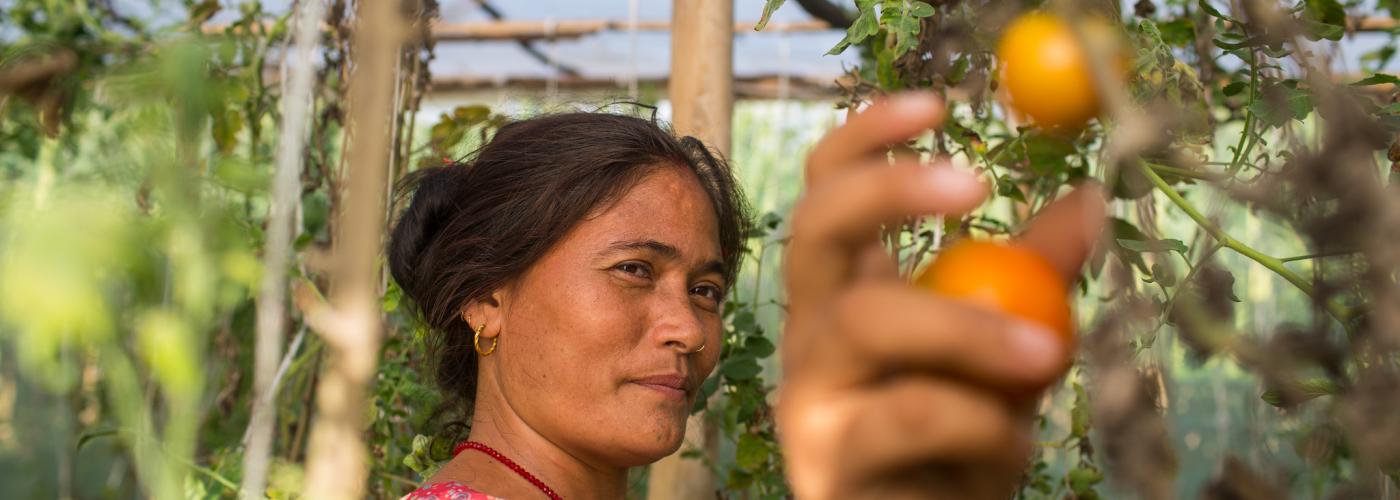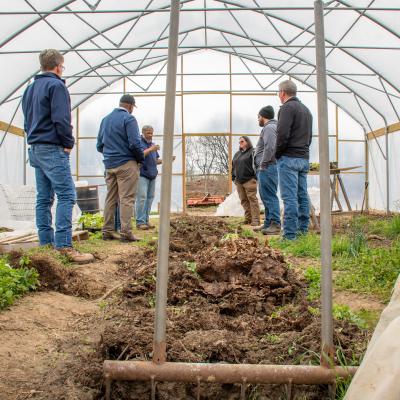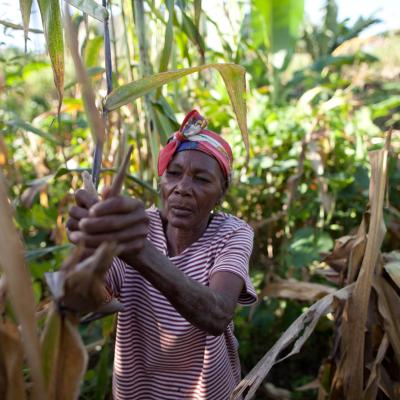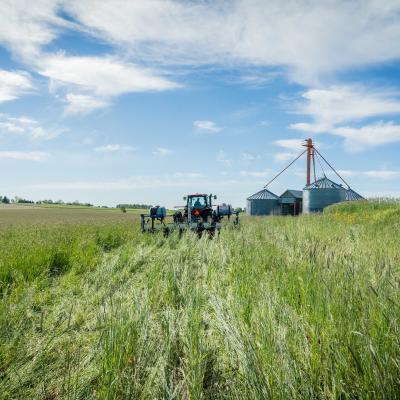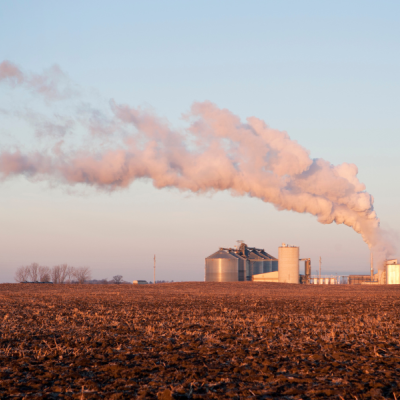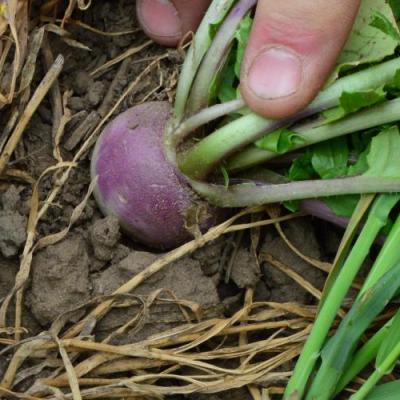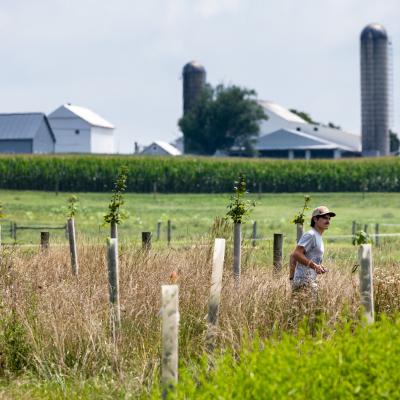Our food systems should balance competing needs, from protecting decent livelihoods for farmers and food workers, to protecting our soil and water from depletion and pollution. Agroecological and community-based food systems center that balancing act. However, current national, international and local-level policies favor industrialized food systems that aim to maximize yield and extract profit — at the expense of broader social, ecological and economic goals. Exploitative, extractive and fragile industrial agriculture systems, driven by global agribusiness corporations, block more resilient, agroecological systems from thriving.
Farmers and food system workers are increasingly adopting practices that can both reduce emissions and strengthen climate resilience, but action on a much wider scale is urgently needed. IATP advocates for a just and green transition that supports agroecology, pushing for policy reforms internationally at the United Nations and WTO, and nationally in the U.S. Farm Bill and EU’s Common Agricultural Policy. In Minnesota, we’re building model community-based food systems that aim to give all people access to sufficient, culturally appropriate and nutritious food, while providing small to midscale farmers access to new markets.
Featured focus areas
Featured documents & reports
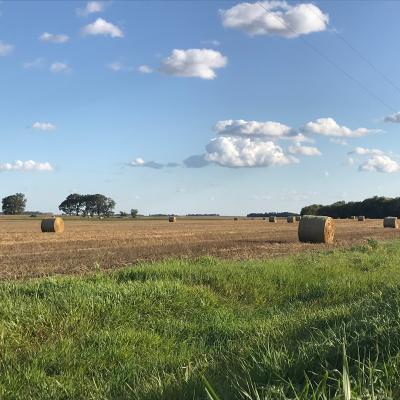
Revisiting Crisis by Design
Additional topics
Discover the interconnection between agriculture, trade & climate.

